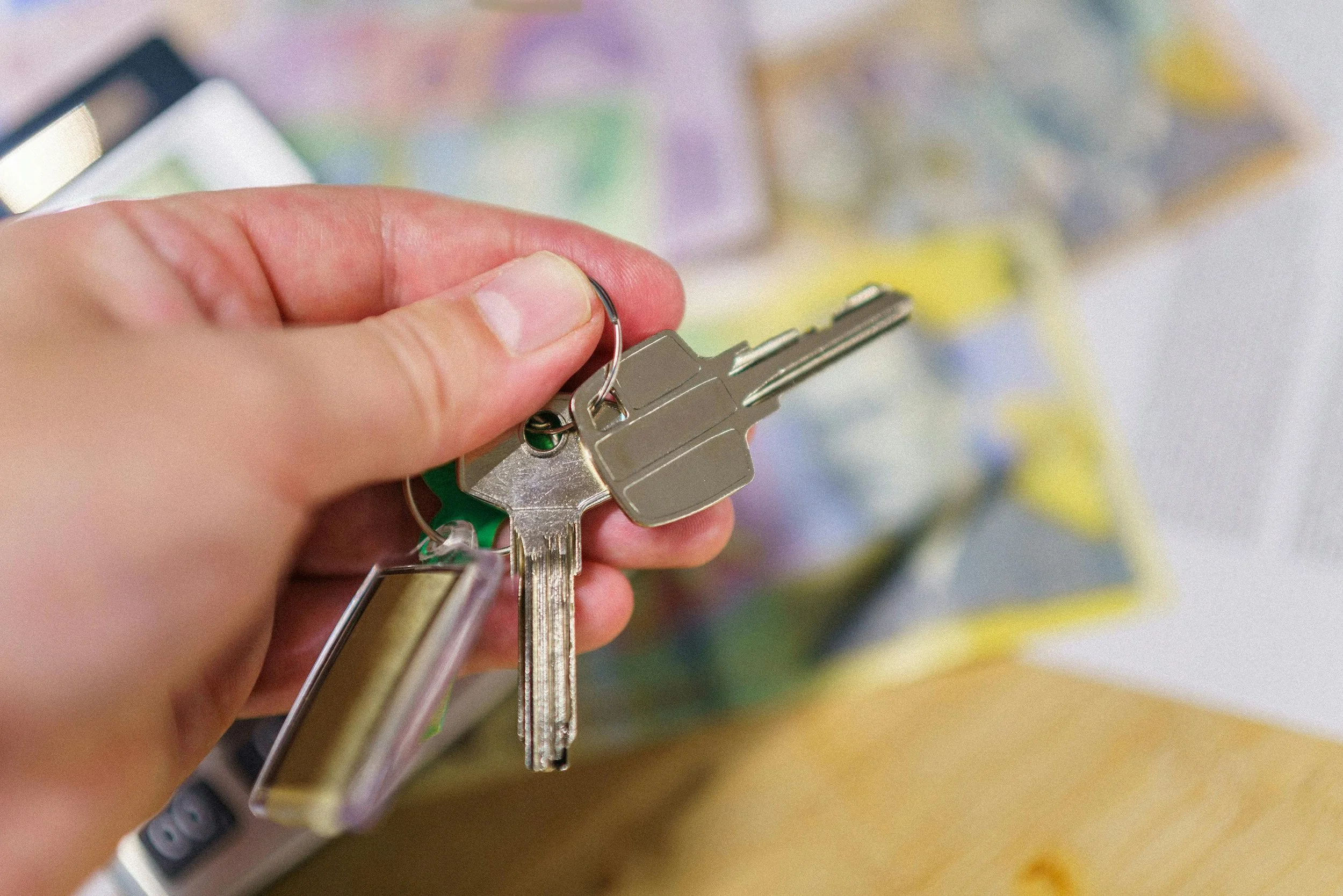Home Equity: How It Works and Why It Matters for Homeowners
What Is Equity in Real Estate?
In simple terms, equity is the portion of your home that you truly own. It’s the difference between your home’s current market value and the balance you still owe on your mortgage. As you pay down your loan or as property values rise, your equity grows.
For example, if your home is worth $400,000 and you owe $250,000, you have $150,000 in equity. It’s a powerful asset that builds quietly over time and can offer real financial flexibility when used wisely.
How Do You Build Equity in Your Home?
Equity grows in two main ways: by making regular mortgage payments and through home appreciation. Every payment you make chips away at your loan balance, increasing the ownership share of your home.
In addition, if your neighborhood experiences rising home values due to market trends, location improvements, or renovations you make, your home’s value can increase; giving your equity an extra boost without any action on your part.
Why Equity Is a Valuable Financial Resource
Equity isn’t just a number on paper; it can be tapped into when you need extra funds. Homeowners can borrow against their equity through a home equity loan, a line of credit (HELOC), or cash-out refinancing. These options often come with lower interest rates than credit cards or personal loans.
People use equity to fund home improvements, pay off high-interest debt, invest in education, or even buy a second property. But it's important to use it responsibly, as borrowing against your home reduces your ownership share and could carry risk if not repaid.
How to Calculate Your Home Equity
To calculate your equity, subtract your current mortgage balance from your home’s estimated market value. You can get a general idea using online tools, but a professional appraisal or a comparative market analysis from a local real estate agent will give you the most accurate figure.
It’s a good habit to check your equity regularly, especially if you’re thinking of refinancing, selling, or tapping into it. Keeping track of your home’s value and loan balance helps you make smart financial decisions.
When Should You Leverage Your Home Equity?
Using your equity can be a smart move if you have a plan. Many homeowners access equity for renovations that increase property value, or to consolidate high-interest debt into a lower-rate loan. Timing and purpose are key.
It’s generally best to tap into equity when you’re financially stable, the market is favorable, and your property has appreciated. Consulting with a lender or financial advisor can help you choose the right product and avoid over-borrowing against your most valuable asset.




